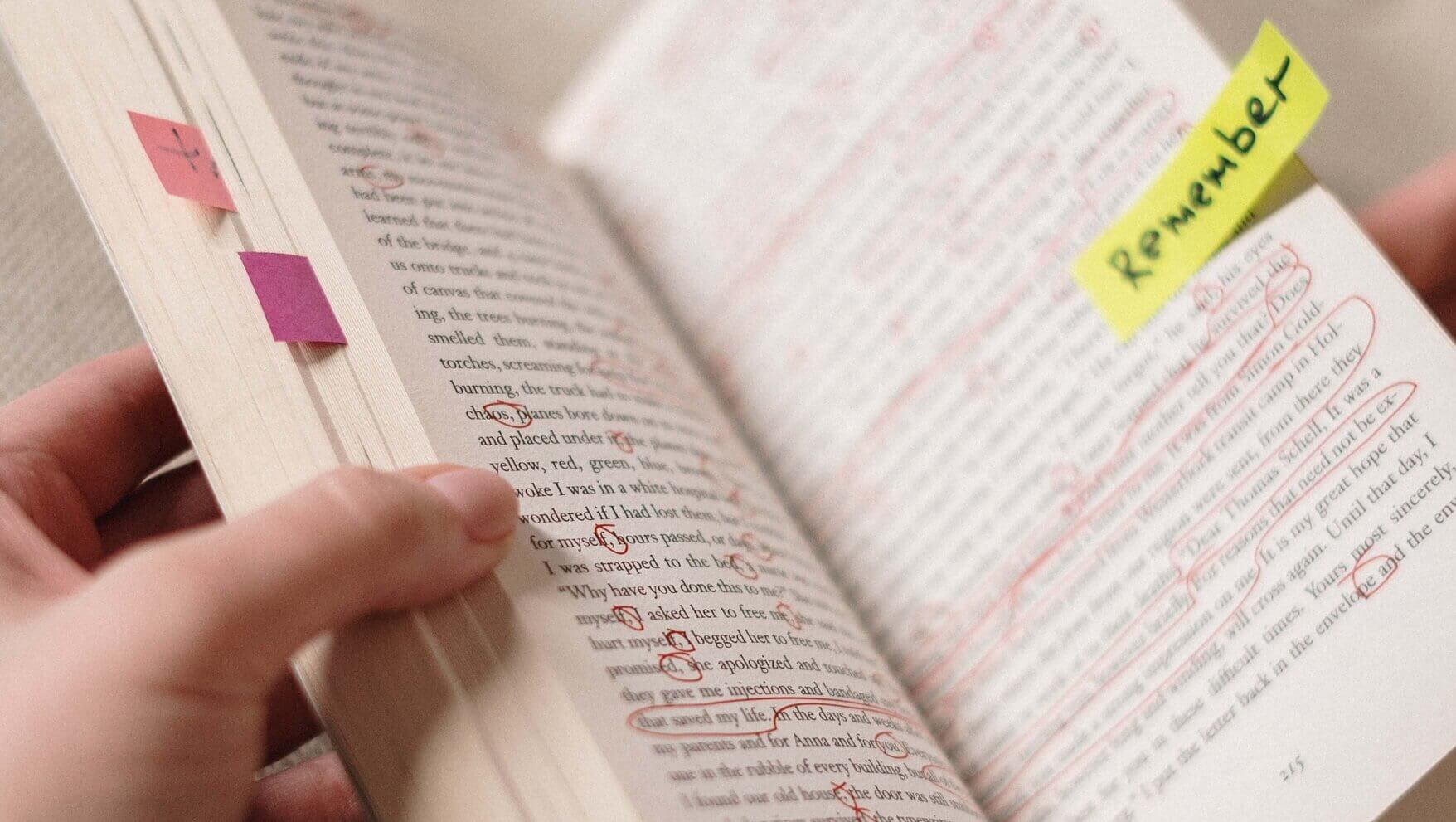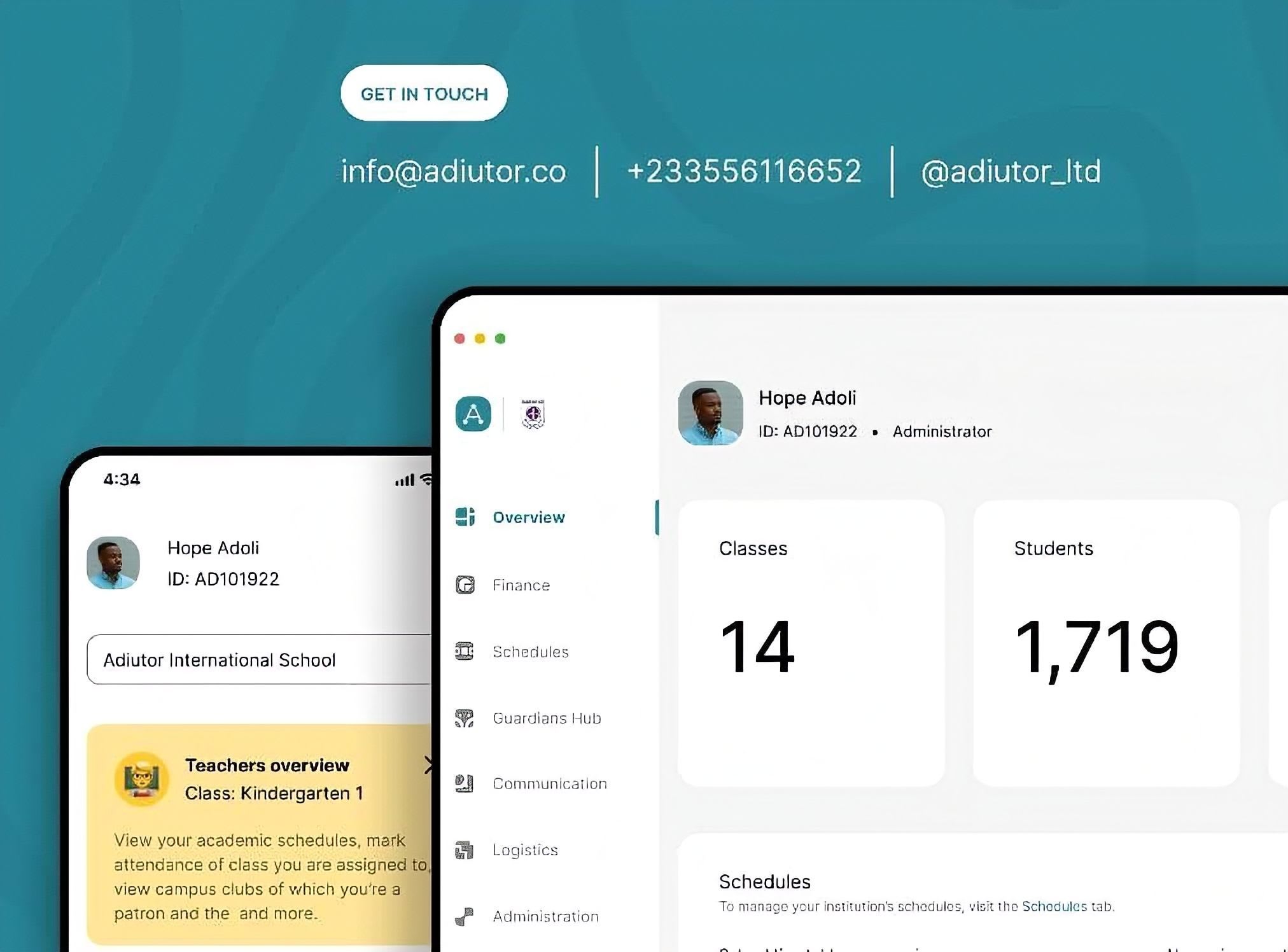What is learning loss? Helping students recover from learning loss
Learning loss (also known as learning regression) occurs when a student fails to retain specific skills, knowledge, or concepts that they have previously learned. It is the result of extended periods of interruption in learning due to factors such as illness, school closures, and vacations.

Learning loss (also known as learning regression) occurs when a student fails to retain specific skills, knowledge, or concepts that they have previously learned. It is the result of extended periods of interruption in learning due to factors such as illness, school closures, and vacations. In some cases, students may experience learning gaps which can cause them to lose ground in their academic progress.
💡 Lessons learnt: Remembrance restores possibility to the past.
The Impact of Learning Loss on Students
Learning loss can lead to a decrease in student engagement and motivation due to difficulty catching up on missed material and lost ground over the period out of school. The long-term effects of learning loss if not curtailed can be quite severe, impacting academic performance throughout children’s educational careers while increasing their risk of dropping out altogether. Teachers and administrators alike are entreated to address this issue head-on by providing additional support services such as tutoring programs or engaging in extracurricular activities that promote continued learning outside of classroom walls.
Managing Learning Loss During School Year Transitions
Designating a space in your home to learn can help kids transition from summer to school mode and provide consistency during this time. When designing the space it still has elements of fun, as playtime is still very important for healthy development. To keep motivation high, try setting a consistent schedule like you would in-person classes - start early with breaks throughout the day. Engage in interactive activities such as storytelling, crafts or games to make the experience more enjoyable.
Strategies for Helping Students Recover From Learning Loss
- Conduct assessments: This will give you an understanding of the student’s current level of knowledge and performance regarding different academic standards and topics. You might consider conducting informal baseline assessments or quick checks such as exit tickets for weekly summative information about your learners’ mastery levels across various concepts, topics or units. This will enable you to better understand where each learner stands academically while guiding curriculum planning with purposeful sequencing towards predetermined goals (i.e., mastery-level objectives at end-of-unit.)
- Identify priority needs: With multiple skills that may have been impacted by prolonged school closures, identify what are the most critical needs of your learners so that instruction should focus on these first before moving on to other areas based on individualized strengths/needs levels for each learner as appropriate and possible within your subject area(s).
- Address student needs: Reviewing key concepts together, filling gaps in knowledge, and encouraging active participation from learners can be immensely helpful to learners and help prepare them for the next academic period's content. Offering individualized instruction tailored towards each student’s needs can also help them feel supported and motivated throughout their studies.
Learning loss is an issue that affects all ages and stages of education which particularly peaked globally during the COVID-19 pandemic. Educators can be a guiding path to help learners navigate these experiences and get them back on track – by acknowledging the stressors facing children, listening actively for any signs of distress, and adapting their instructional methods where needed.

Adiutor
Adiutor means "helper" - we do just that, by taking a load of your school administration and helping you focus on what matters most: the kids.
